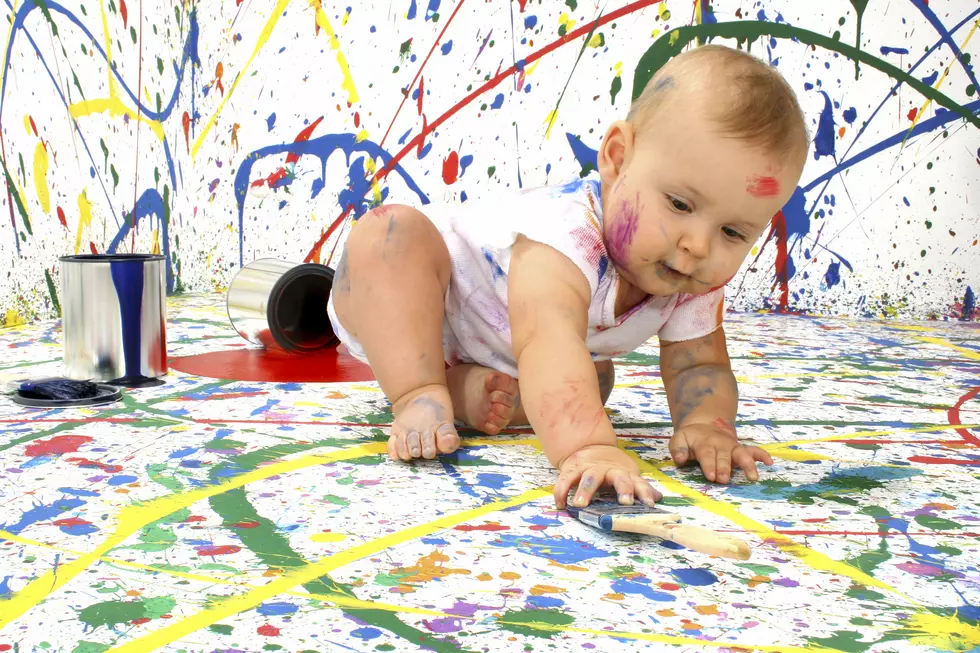
Child care constraints forcing NJ moms out of the labor force
With data already suggesting that women are struggling to regain traction in the workforce during recovery from the pandemic, advocates and legislators in New Jersey are sounding the alarm on the impacts that child care issues are presenting for working women, particularly mothers.
"I believe we are in triage mode here in our great state," said Assemblywoman Britnee Timberlake, D-Essex. "We will see an overwhelming amount of women having to drop out of the workforce."
Timberlake noted that fathers will end up making that decision as well, also because of of child care constraints, but mothers are disproportionately the parent that make the sacrifice.
The Assembly Commerce and Economic Development Committee held a joint session with the Assembly Women and Children Committee on Monday to discuss women's labor force participation and how child care plays a role.
Assemblywoman Gabriela Mosquera, D-Gloucester, said the coronavirus emergency highlighted underlying issues that were already keeping women from participating as they'd like in the labor force.
"Child care was an industry that has been underfunded and hard to access for years before the COVID-19 pandemic," Mosquera said.
The panel heard from child care providers, as well as mothers, during the joint hearing.
"Downshifting my career was not my choice, but it has become my preference," one mother told the panel. "Let's give families affordable access to the resources needed to raise children in New Jersey, to support the emotional well-being of working mothers, and to keep our strong female leaders in the workforce."
A report released in April by the Rutgers Center for Women and Work found that many women are back to work since the COVID-19 slowdown, but they're not necessarily back to normal — they're making significant changes to the way they work, such as reduced hours or roles.
"Mothers with babies are feeling this the most," said Cynthia Rice, senior policy analyst at Advocates for Children of New Jersey.
Struggling to compete with the pay offered at big-box stores, or even to keep up with the state's $13 hourly minimum wage, Rice said, child care programs can't keep an adequate supply of staff. If they're forced to pay more, those costs would then be passed on to the parents, and as a consequence, parents are choosing to do without childcare.
"No matter how much money has been spent on child care during this pandemic, it is clear from what we're hearing ... that it's just not enough," Rice said. "Certainly, we need a stronger state investment."
A number of proposed bills introduced in the spring are geared toward making child care services more accessible and affordable in the Garden State. Among other advances, the bills would would increase tax credits for child care workers, extend child care subsidies, increase the use of private providers, and fund the expansion of childcare seats in low-income areas.
Meanwhile, New Jersey lawmakers are considering the creation of a new department focused solely on "early childhood."
Dino Flammia is a reporter for New Jersey 101.5. You can reach him at dino.flammia@townsquaremedia.com
Click here to contact an editor about feedback or a correction for this story.
These are the best hiking spots in New Jersey
NJ Diners that are open 24/7
More From Beach Radio










